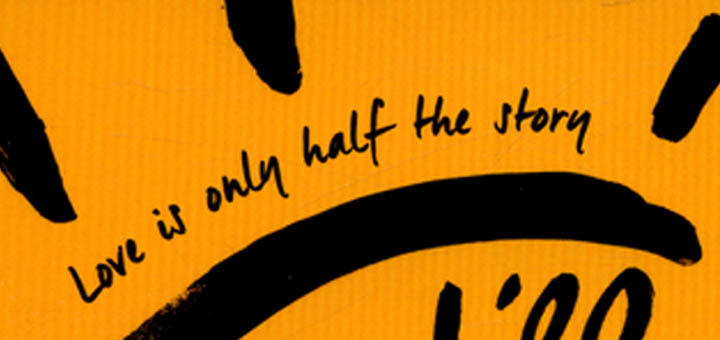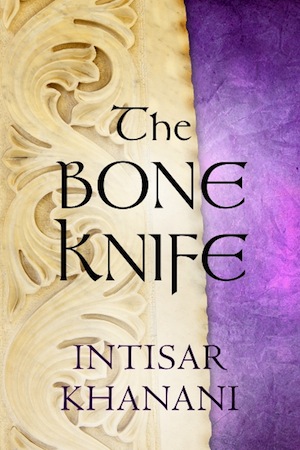This week’s essay for my Coursera Course got a 5. W00t :)
Beatrice, Beatrice, let down your hair.
Giovanni is not a pregnant woman, but his longing looks[1] into the enclosed garden next door echo the desires that resulted in Rapunzel being taken from her parents. Beatrice may live with her father but she shares many similarities with Rapunzel; she is isolated from the world, her care-giver is the one responsible for her seclusion, and, she comes to love a trespasser.
The garden in Rapunzel has been interpreted as Eden[2] , and Beatrice’s garden is a reverse Eden. Instead of a garden of religion and goodness it is a garden of science and evil. The plants that grow so beautifully in Rappaccini’s garden are poisonous, they, and Beatrice, kill any interlopers, from lizards to flowers. Only Giovanni survives, but that is through the machinations of Rappaccini himself. In this reverse Eden he is an inverted God; instead of loving humanity Rappacini “cares infinitely more for science”[3] His life is devoted to the acquisition of knowledge with regard for little else. Even his daughter is an experiment to him.
In Eden the forbidden fruit brings knowledge, but also death. Adam and Eve are cast out of the Garden, no longer innocent or immortal. In the bible it was Eve who tempted Adam, Hawthorne again reverses the roles, here Giovanni brings the forbidden into the garden. Instead of a fruit[4] he urges Beatrice to drink Baglioni’s antidote, promising that it will free her from the evil poisons. She takes the drink, and so dies. She who was innocent of any crime accepts her own death in order to free Giovanni from her father, who had intended to imprison[5] them both through their inflicted toxicity.
There is no happily ever after for Beatrice, death is her escape, at the hands of her prince.
- Hawthorne, Nathaniel – Mosses from an Old Manse and Other Stories, p.34. ↩
- Rabkin, Westfahl, and Slusser, George, – Eat and Grow Strong: The Super-natural Power of Forbidden Fruit, p.27. ↩
- Hawthorne, Nathaniel – Mosses from an Old Manse and Other Stories, p.39. ↩
- Sheldon W. Liebman, – Hawthorne and Milton’, 526. ↩
- Parish, Maggie – Mirrors & Windows ↩




Interesting thoughts. Thanks for sharing! :)
Rachel´s last blog post ..The literary background of Paradise Lost